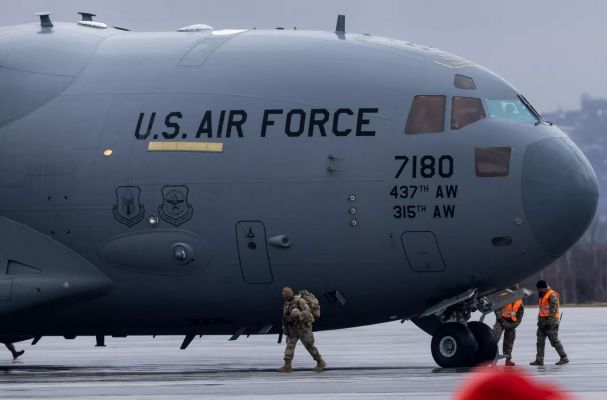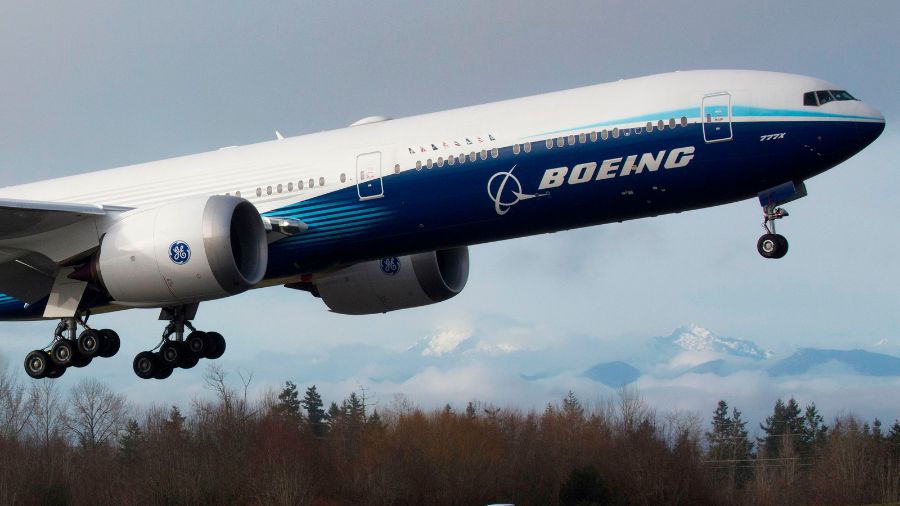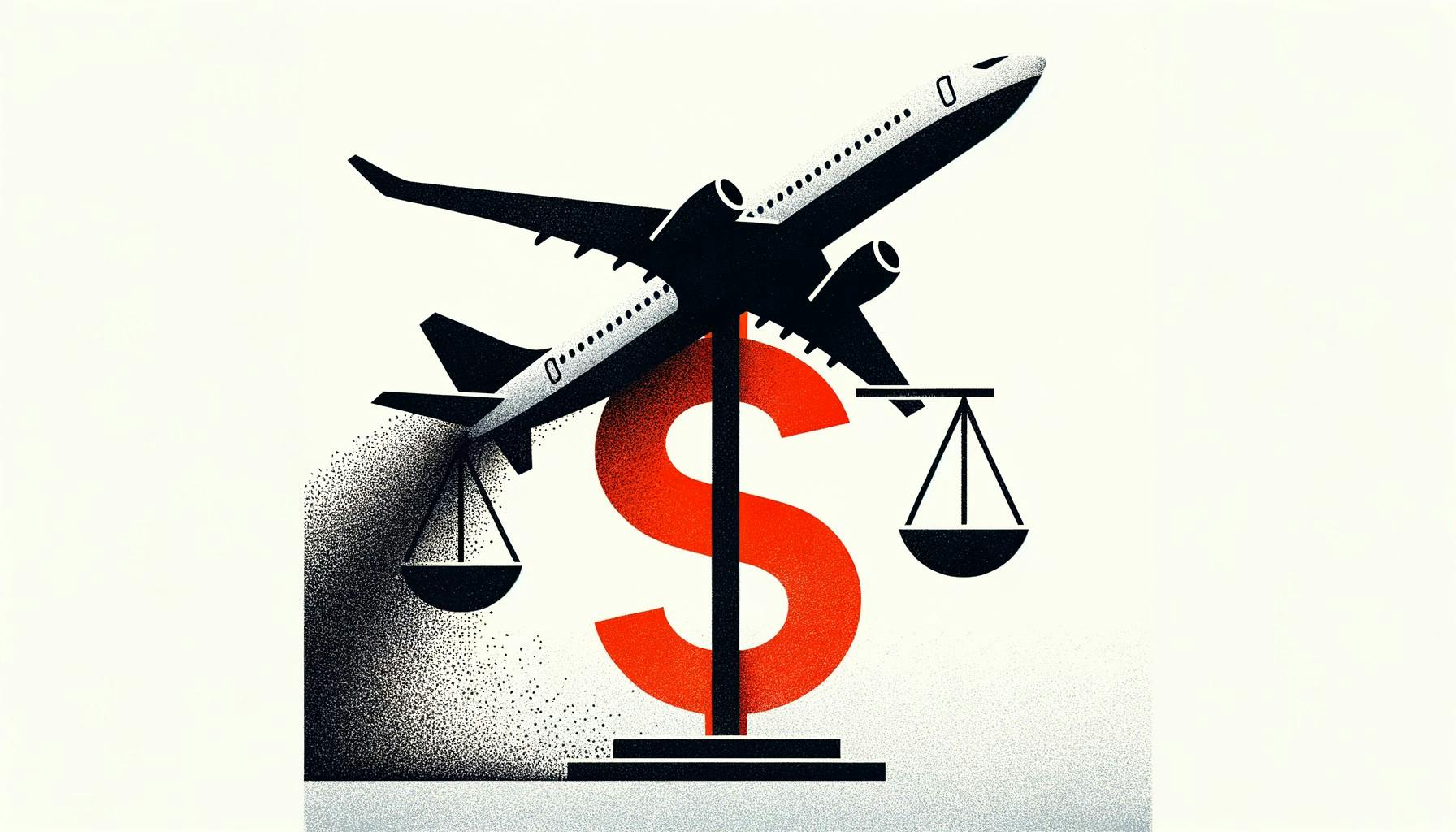




Boeing's financial struggles have intensified as major banks express bearish sentiments towards the aerospace giant. Following a downgrade by Wells Fargo, Boeing shares plummeted by 8.9%. The downgrade reflects ongoing concerns about the company's substantial debt, which stands at approximately $45 billion, and the challenges it faces with production issues related to the 737 MAX and 787 aircraft. Morningstar has also warned that Boeing's cash and debt management decisions could negatively impact its stock performance moving forward.
In addition to these concerns, Boeing has incurred significant losses from military contracts over the years 2022, 2023, and 2024. The company lost $7 billion on the KC-46 tanker aircraft due to fuel pump and vision system failures. Furthermore, the development of the T-7A training aircraft has been delayed from 2024 to 2028 due to issues with the ejection seat and aerodynamics. Boeing's Air Force One program is also facing corrosion issues, leading to an estimated $1 billion in losses. The production of Boeing's fighter jets, including the F-15EX and F-18, has also encountered significant challenges. Overall, the corporation has lost two-thirds of its capitalization, totaling over $30 billion, which has raised alarms about the potential impact on the U.S. economy and military capabilities.
Bank of America analyst Matthew Akers has lowered Boeing's price target from $185 to $119, indicating a potential decline of 25%. This adjustment underscores the intensifying competition with Airbus and broader economic concerns that are currently affecting the stock market. Regulatory scrutiny stemming from past safety issues, along with labor disputes and supply chain disruptions, further complicate Boeing's production capabilities.
Scott Hamilton, an industry analyst, has criticized Boeing's stock buyback strategy, suggesting that it may not be the best approach given the company's current financial landscape. Akers has also cautioned that Boeing could face a potential credit downgrade to junk status if these issues persist. This combination of factors has led to a more cautious outlook for Boeing as it navigates through a challenging economic environment and seeks to stabilize its operations and financial health.
As Boeing grapples with these challenges, the search for a new CEO adds another layer of uncertainty to its recovery efforts. The aerospace sector as a whole is facing inflationary pressures and production hiccups, making Boeing's strategic decisions crucial for its future. Mass strikes among workers have begun, further complicating the situation. Investors and analysts alike are closely monitoring the situation as Boeing attempts to navigate through these turbulent times.
Despite these challenges, Boeing remains a critical player in the U.S. economy, being the largest civilian aerospace manufacturer and a significant exporter. Historically, Boeing has exported around $9-10 billion worth of aircraft annually, contributing to the U.S. economy significantly more than technology-related industries. However, the company has seen a decline in exports since the pandemic, with airlines increasingly favoring Airbus. In late 2024, Boeing received an order for up to 200 737 MAX aircraft from Turkish airline Pegasus, which boosted its stock prices by over 25%. Boeing's market cap is currently approximately $127 billion, but its ongoing challenges could have ripple effects on the broader U.S. economy. [ffc50a2e] [567003fb] [c2ebf356] [55cd930c] [91ff6331]